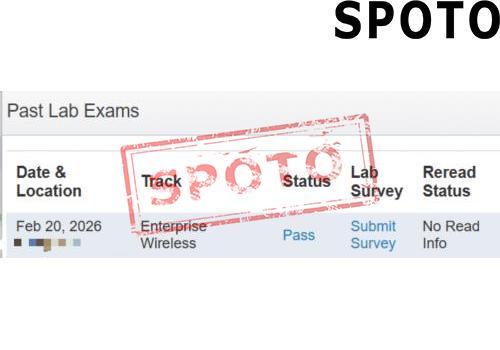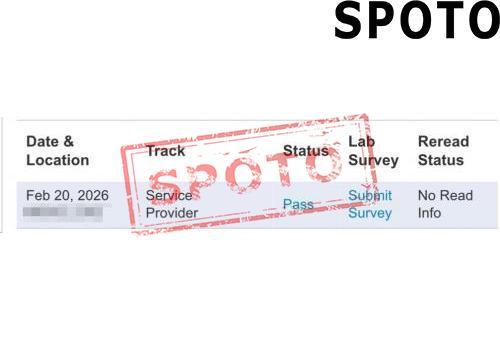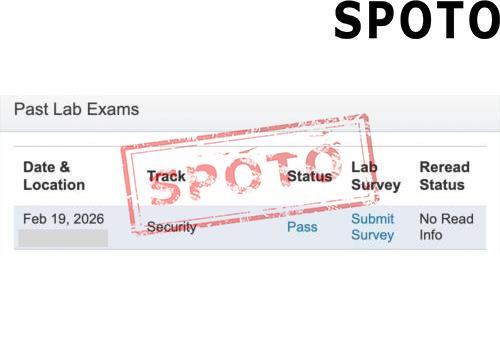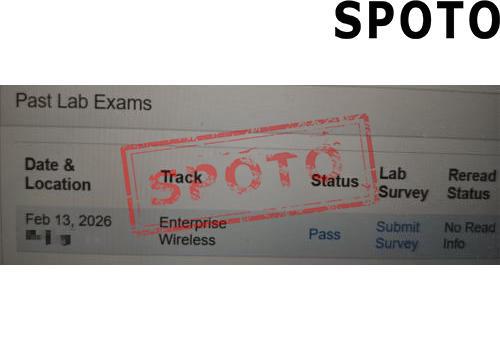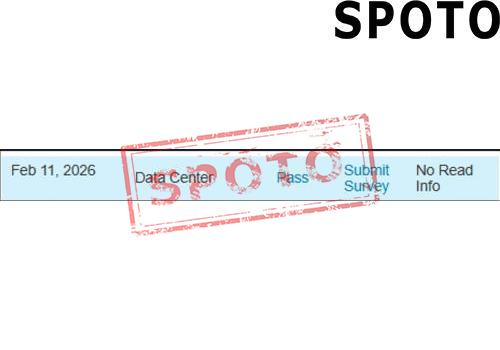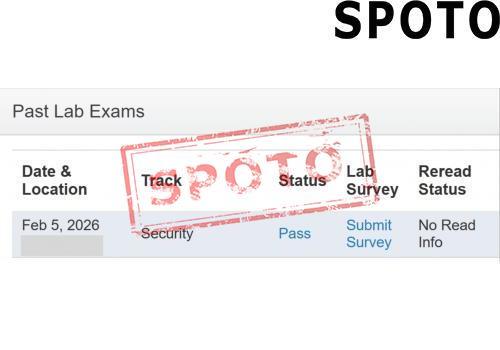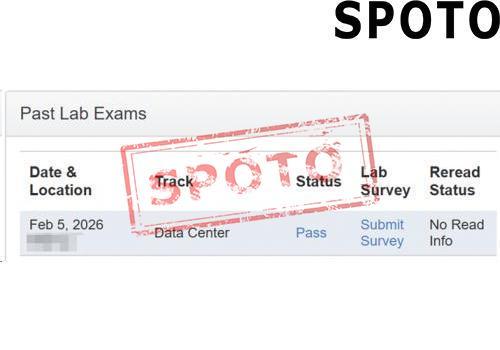
Table of Contents
Have you ever thought about this question? In the context of modern enterprises, governments and various organizations increasingly relying on digital systems, what professions are silently guarding the network security of organizations and enterprises? In fact, as the "first responder" of the network security defense line, Cybersecurity Analyst play an irreplaceable role in discovering threats, analyzing risks, preventing attacks and ensuring the security of information assets.
Cybersecurity Analyst are professionals who are responsible for detecting, analyzing and eliminating security threats to network systems. Their main responsibilities are to identify potential network attacks, analyze network security incidents, repair vulnerabilities in system networks, and ensure the confidentiality, integrity and availability of data and systems. They not only monitor network anomalies in real time, but also actively build defense systems and predict potential risks.
Cybersecurity analysts are involved in many industries, including business, finance, criminal justice, and more. This article will take a deep dive into what a cybersecurity analyst does, the skills required to pursue this career, and how to get started. If you want to start a new career in cybersecurity by developing job-related skills and obtaining respected qualifications, this article will provide you with career information and reference advice.
1. What does a cybersecurity analyst do?
A Cybersecurity Analyst is responsible for preventing or responding to cyberattacks on their organization's computer systems and networks. Cybersecurity Analysts typically work with other IT professionals or senior management to make security recommendations, create best practices, and design disaster recovery plans. The job responsibilities of a Cybersecurity Analyst include the following: Threat Monitoring and Detection: Continuously monitor the organization's network, systems, and applications using a variety of security tools and techniques. Regularly assess the security vulnerabilities of the organization's IT infrastructure. When a security incident occurs, a cybersecurity analyst needs to quickly control the incident, investigate its root cause, and work with other teams to mitigate the impact and prevent similar incidents from happening again. Assist in the development and implementation of security policies and procedures, ensuring that these policies meet industry best practices and regulatory requirements.
2. Job outlook and salary of cybersecurity analyst
As cyber attacks become increasingly sophisticated and data breaches occur more frequently, companies and organizations are paying more and more attention to cyber security in order to protect their network systems and digital assets. As a key role in protecting digital assets and information security, the market demand for security analysts continues to grow rapidly. From 2023 to 2033, the employment prospects of security analysts are expected to grow by 33%. This is equivalent to an estimated 180,700 new job vacancies. In comparison, the average growth rate for all occupations is only 4%. The average annual salary for a Cybersecurity Analyst in the United States is $99,400. That works out to about $47.79 per hour. That works out to $1,911 per week or $8,283 per month. The average salary range for a Cybersecurity Analyst varies greatly (as much as $36,000), which means there may be many opportunities for advancement and increased pay based on skill level, location, and years of experience.
3. What tools and skills do cybersecurity analysts need to use?
First, a cybersecurity analyst needs to be proficient in cybersecurity technologies, such as firewalls, intrusion detection systems, and virtual private networks (VPNs). In addition, knowledge of operating systems, programming languages, and database management is a must. Secondly, due to the subtlety and diversity of potential cyber threats, strong problem-solving skills are necessary for cybersecurity analysts to be able to analyze complex security data and identify trends, patterns, and potential threats to effectively solve security problems. Finally, they also need good communication skills to report security incidents and findings to technical and non-technical stakeholders.In using tools, they need to be proficient in using Microsoft Excel, Google Sheets, SQL, Drawing, R or Python, SAS, Microsoft Power BI and other tools
4. What certifications are helpful in becoming a Cybersecurity Analyst?
Obtaining an industry-leading certification can help you improve your interview success rate and career advancement opportunities. CCIE Security certification demonstrates mastery of planning, design, deployment, operation, and optimization of complex enterprise security network solutions. Lead the transformation of security solutions with the Cisco Certified Internet Expert (CCIE) Security certification.
